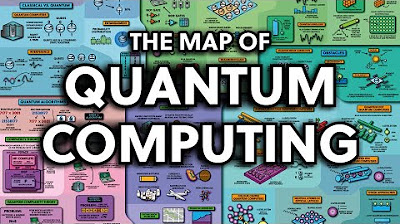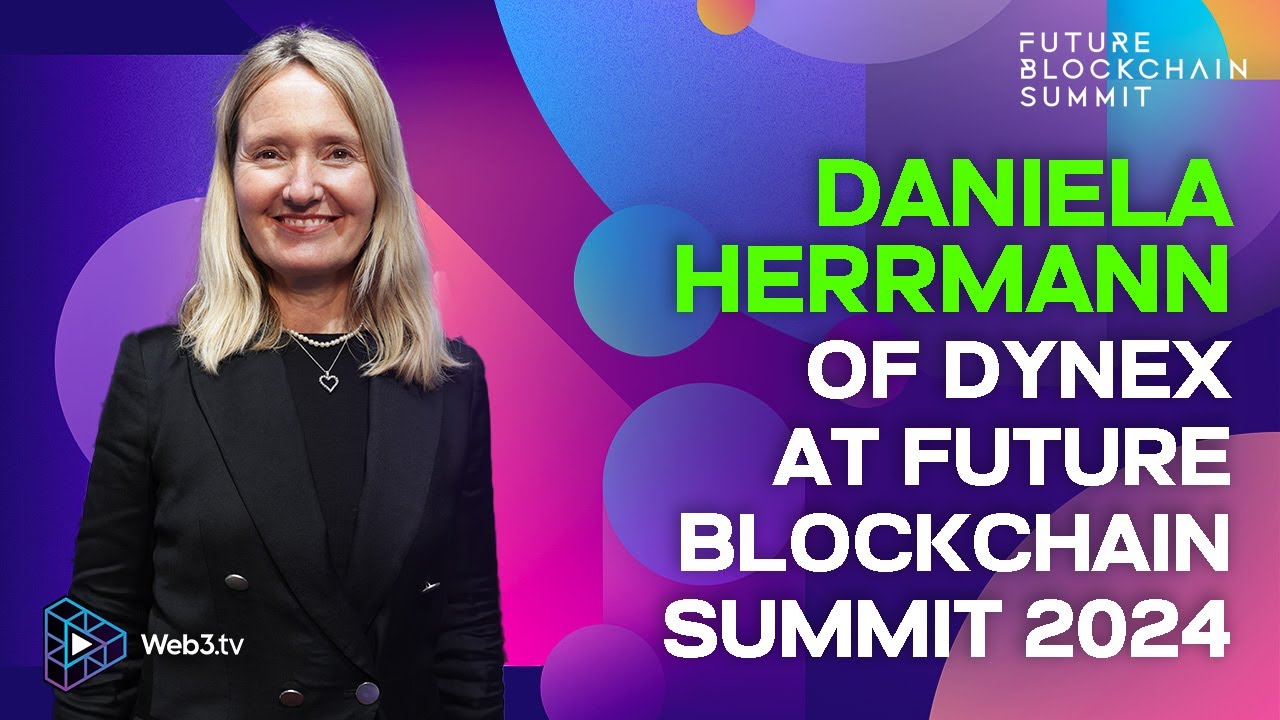Computação Quântica - Fundamentos e Aplicações - Aula 07
Summary
TLDRThis video provides an insightful overview of quantum computing and its real-world applications. It explores how quantum computers are used for quantum simulations, solving complex optimization problems, and enhancing security through quantum cryptography. Additionally, the video highlights the intersection of quantum computing and artificial intelligence, focusing on the potential for more efficient machine learning models. The content emphasizes that quantum computing is not just an evolution of classical computing, but a new paradigm with transformative capabilities for industries such as medicine, material science, and logistics.
Takeaways
- 😀 Quantum computers are accessible remotely through cloud services, and some providers offer free access for developers to run code.
- 😀 One of the main applications of quantum computing is simulating quantum systems like molecules, atoms, and materials more accurately and efficiently than classical computers.
- 😀 Quantum computing is especially promising in fields like material science, pharmaceuticals, and chemistry, where simulating molecular interactions is crucial.
- 😀 Optimization is another key application, with quantum computing helping solve complex problems like route planning, resource allocation, and finding the best fertilizers.
- 😀 Quantum computers can address problems that are computationally expensive or impossible to solve with classical methods, such as combinatorial problems involving numerous variables.
- 😀 Quantum computing is transforming security, with technologies like Quantum Key Distribution (QKD) used for secure communication and resistant to hacking.
- 😀 QKD allows for the creation of secure networks based on the principles of quantum mechanics, adding a new layer of protection to modern cryptography.
- 😀 Quantum computing is also being integrated with artificial intelligence to optimize machine learning, potentially reducing the number of parameters required for training models.
- 😀 The combination of quantum computing and AI could lead to a new generation of AI systems that learn more efficiently, unlocking more powerful applications.
- 😀 Quantum computing is not just an evolution of classical computing; it represents an entirely new paradigm that could work in conjunction with classical systems to unlock new possibilities.
- 😀 Quantum computing’s potential is still unfolding, but its impact is already being felt across fields such as simulation, optimization, security, and artificial intelligence.
Q & A
What is quantum computing, and how is it different from classical computing?
-Quantum computing is a new paradigm inspired by the principles of quantum mechanics. Unlike classical computing, which uses bits as the smallest unit of data (either 0 or 1), quantum computing uses qubits, which can exist in multiple states simultaneously. This allows quantum computers to solve certain problems more efficiently than classical computers.
How is quantum computing accessible today?
-Quantum computing is increasingly accessible through cloud-based services offered by various providers. Users can access quantum computers remotely and execute codes, with some providers offering free access for learning and experimentation purposes.
What are the main applications of quantum computing discussed in the transcript?
-The main applications of quantum computing include simulation of quantum systems (like molecular simulations), optimization problems (such as resource allocation and the traveling salesman problem), quantum cryptography (like quantum key distribution), and the integration of quantum computing with artificial intelligence.
Why is quantum computing particularly suited for simulating quantum systems?
-Quantum computing is based on the same principles that govern quantum systems, such as molecules and atoms. This makes it highly effective in simulating these systems with greater accuracy and efficiency than classical computers, which struggle to model quantum phenomena.
What types of problems can quantum computers help solve in optimization?
-Quantum computers can help solve complex optimization problems, such as the traveling salesman problem, resource allocation, and supply chain optimization. These problems often involve many possible solutions that need to be evaluated simultaneously, which is where quantum computing excels.
What is Quantum Key Distribution (QKD), and how is it related to quantum computing?
-Quantum Key Distribution (QKD) is a method of secure communication that uses quantum mechanics to encrypt and transmit information. It ensures that any eavesdropping attempt on the communication would be detectable, offering a higher level of security compared to classical encryption methods. QKD is a key application of quantum computing in the field of cybersecurity.
How can quantum computing impact the field of artificial intelligence?
-Quantum computing can enhance artificial intelligence by improving the efficiency of machine learning algorithms. For example, it can reduce the number of parameters needed to train a neural network, potentially accelerating the learning process and enabling AI models to learn more effectively with fewer resources.
How does the integration of quantum computing with AI help in model training?
-By applying quantum circuits to the training of machine learning models, quantum computing can optimize the process by reducing the computational resources and time required. This can lead to more efficient AI models that are able to handle larger and more complex datasets.
What makes quantum computing promising for simulating chemical reactions and molecular interactions?
-Quantum computers, due to their ability to simulate quantum systems, are well-suited to model molecular interactions and chemical reactions at a very granular level. This could revolutionize drug development, material science, and other fields by allowing for more precise and cost-effective simulations than are possible with classical computers.
What is the potential of quantum computing in combination with classical computing?
-Quantum computing is not meant to replace classical computing, but rather to complement it. By integrating quantum and classical systems, we can unlock new potential, solving problems that are currently intractable for classical computers and enhancing existing systems in areas like optimization, simulation, and AI.
Outlines

This section is available to paid users only. Please upgrade to access this part.
Upgrade NowMindmap

This section is available to paid users only. Please upgrade to access this part.
Upgrade NowKeywords

This section is available to paid users only. Please upgrade to access this part.
Upgrade NowHighlights

This section is available to paid users only. Please upgrade to access this part.
Upgrade NowTranscripts

This section is available to paid users only. Please upgrade to access this part.
Upgrade NowBrowse More Related Video

Why Quantum Algorithms? — Programming on Quantum Computers — Coding with Qiskit S2E1

The Map of Quantum Computing - Quantum Computing Explained

Quantum + AI: Could This UK Startup be the Next NVIDIA?!

What is Quantum Computing and why should we care?

What Is Quantum Computing? | April 2, 2025

Daniela Herrmann, Co-Founder of DYNEX at Future Blockchain Summit 2024
5.0 / 5 (0 votes)